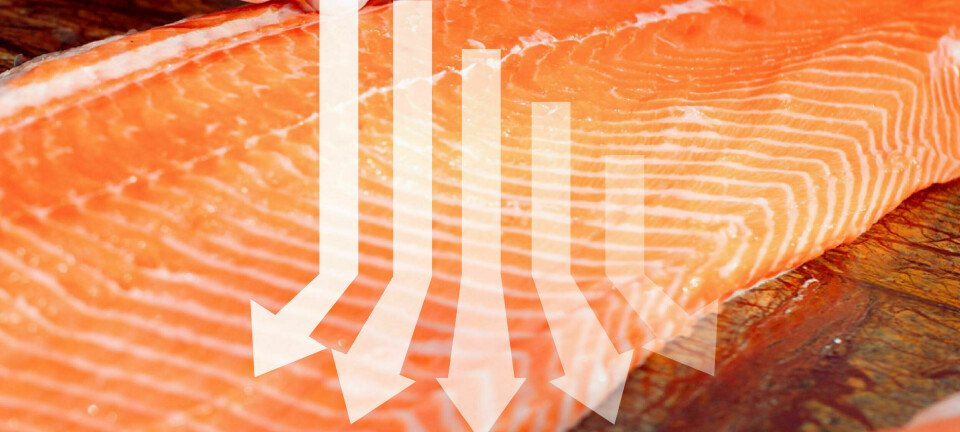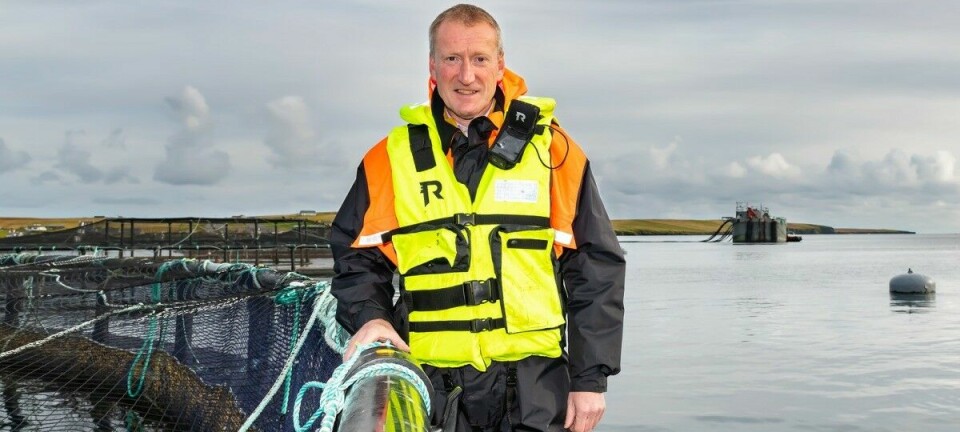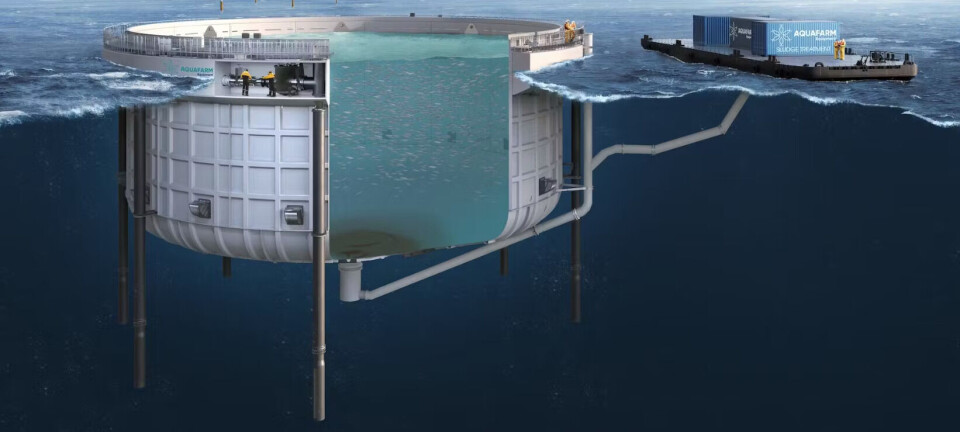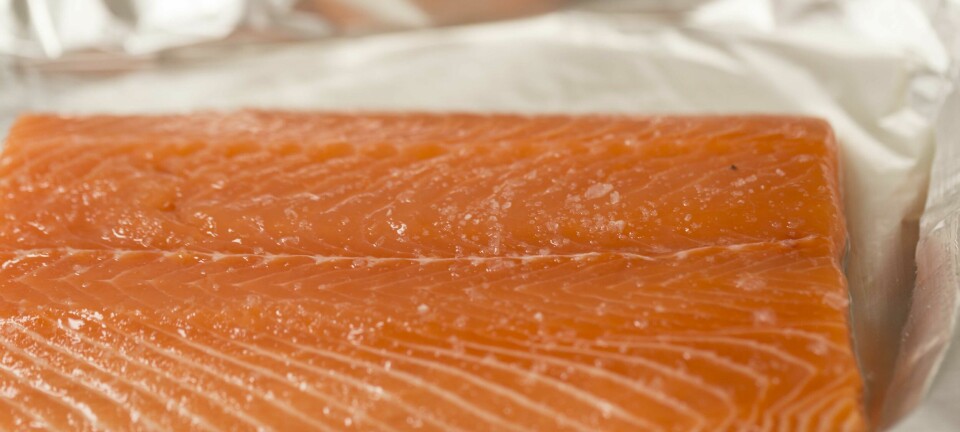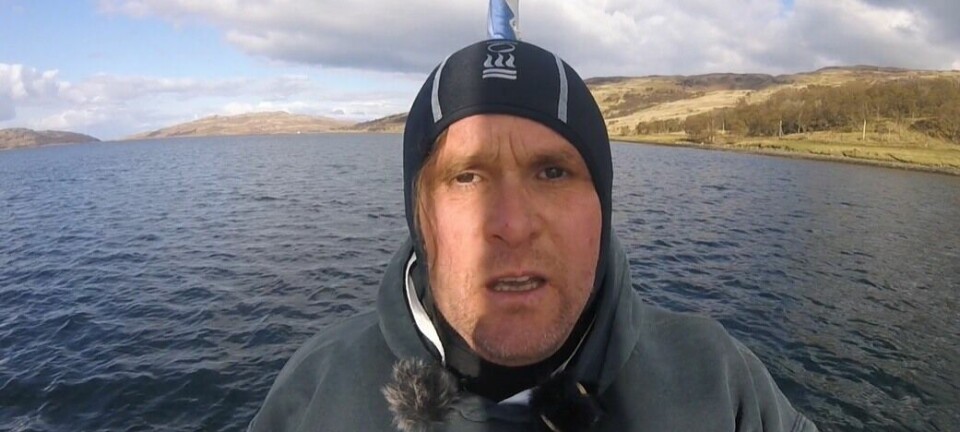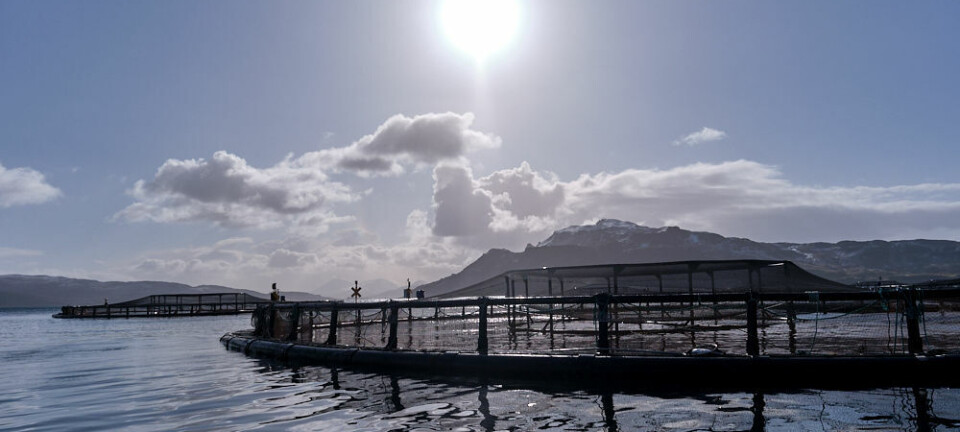
Salmon farming part of a sustainable B.C.
Later this month, a notorious anti-salmon farming campaigner will be donning running shoes and heading down Vancouver Island in an effort to build support for the removal of salmon farms from all B.C. shores- and the jobs that go along with them- some 6,000 according to a report by PriceWaterhouseCoopers. More credible environmentalists are calling for the industry to adopt different production methods, such as using some form of a physical barrier between the farmed fish and the surrounding waters. On the other side, you have Communication Manager for Marine Harvest Canada Ian Roberts who recently talked with Kevin Rothbauer of the Vancouver Island newspaper The Cowichan Valley Citizen
With reports of dwindling numbers of salmon in the wild, fish farming is one potential way to keep the commercial fishery sustainable. "With aquaculture, you have complete control over the input and output of raising fish," said Ian Roberts, spokesperson for Marine Harvest Canada, the largest aquaculture company in British Columbia. The ecologist and researcher Jacques-Yves Cousteau himself said, "We must plant the sea and herd its animals using the sea as farmers instead of hunters," and Marine Harvest Canada is following that concept. "The definition of sustainable is providing for today without jeopardizing tomorrow," said Roberts. "We think aquaculture does that."
Marine Harvest Canada boasts 32 operating saltwater farms on the B.C. coast, seven freshwater hatcheries -- including one in Duncan -- and two processing plants. Approximately 6,000 people in B.C. are employed either directly or indirectly in salmon farming, which Roberts says is the province's largest agricultural export. Farmed or wild, salmon and other fish, because they are cold-blooded, require less effort to raise. "As a protein, it's extremely efficient, compared to chicken, pork or beef," said Roberts. "It takes less energy and less protein to raise salmon and fish than terrestrial animals."
The fish raised by Marine Harvest Canada are Atlantic salmon, which are more closely related to trout than to Pacific salmon varieties. Roberts says that the taste of the Atlantic salmon is "a little milder, less fishy," and that in taste tests, the difference is only noticed about half the time.
There are sustainability issues with both wild and farmed salmon, Roberts acknowledges, but salmon farmers are constantly trying to improve the situation and be as benign as possible to the ocean."We recognize those issues, and actually try to minimize the risk," he said. "It's never going to be perfect."




